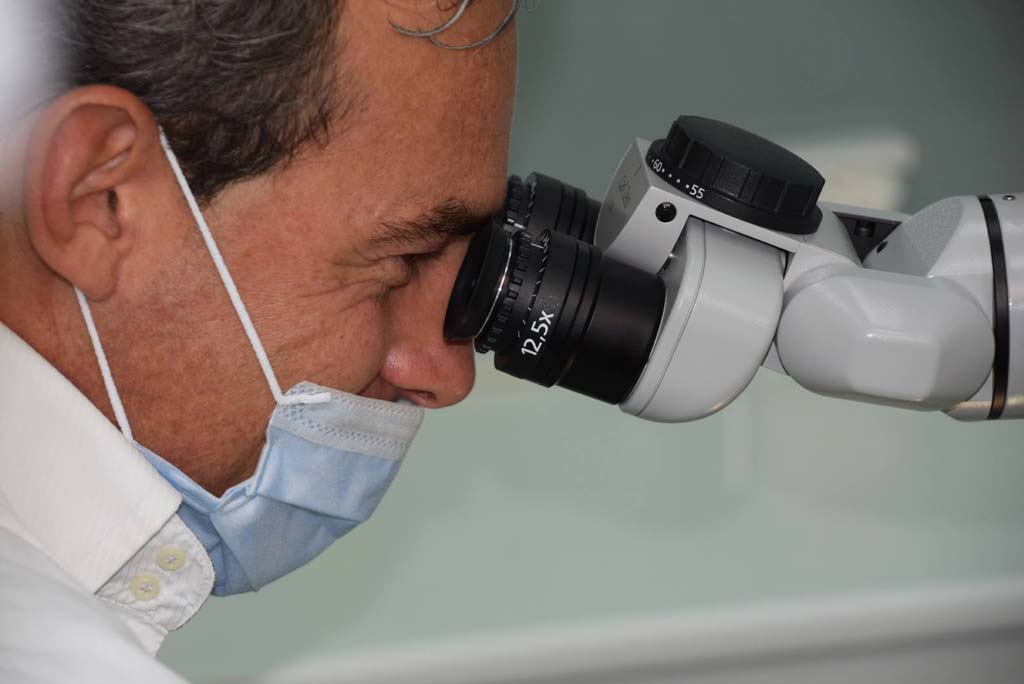Obesity is a seriously widespread health problem in Western society with an ever increasing incidence on some physiological functions of individuals, in particular there is a strong correlation between obesity and masticatory function.
Oral motor function in obese people
Obese people have a number of general health complications including oral health.
Obese patients have fatty deposits in the posterior part of the tongue with a consequent narrowing of the pharyngeal lumen and impaired muscle function so as to cause alterations in oral motor function.
Starting from these considerations, obese patients were clinically evaluated with particular attention to the stomatognathic system, thus revealing the asymmetry of the anterior temporalis muscle activity.
Evaluation of the correlation between obesity and masticatory function
In a recent study published in the Journal of Oral Rehabilitation, the authors evaluated oral motor function in obese patients.
The sample on which the analysis was carried out consisted of 140 participants who underwent:
- orofacial myofunctional assessment performed in 26 obese subjects and 26 non-obese control subjects;
- evaluation of the time taken for the aspiration of 50 ml of water through straws of 3 mm and 6 mm in diameter analyzed in 30 obese subjects and 30 control subjects;
- Analysis of the oral swallowing phase of 5 ml of moderately dense bolus and 5 ml of extremely dense bolus by videofluoroscopy in 14 obese and 14 control subjects.
Obese and non-obese subjects had a body mass index ≥40 kg/m2 and <30 kg/m2, respectively.
Search results
Research results have shown a strong correlation between obesity and masticatory function. In obese patients, a worse situation was highlighted in the evaluation of oral myofunctional aspects, in particular on the posture of:
- lip
- jaw
- cheeks
- tongue and hard palate
This leads to worse mobility of the lips, tongue, jaw and cheeks and consequently complications to the functions of breathing, swallowing and chewing.
Compared to the control group, obese patients also had a longer time to chew the bolus, while the time for aspiration of water through a straw was similar in the two groups.
Individuals with intense obesity have significant impairment of oral functions, which is why a multidisciplinary approach to the disease is essential.
















